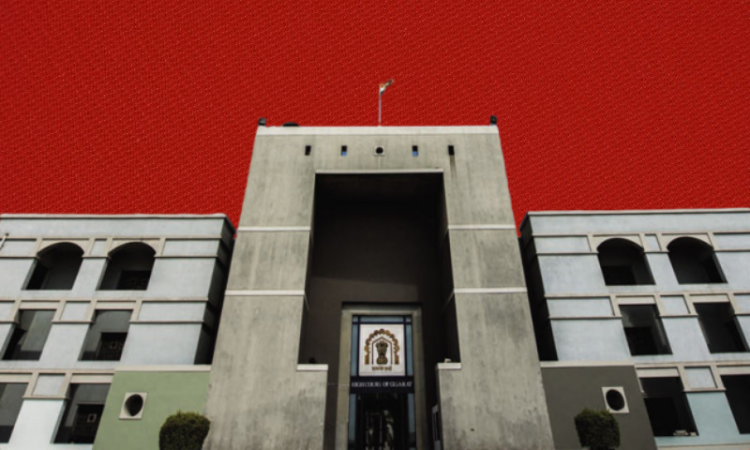Court Can Allow Evidence On Affidavit In DV Act Case: Gujarat High Court
Udit Singh
10 May 2023 1:01 PM IST

Next Story
10 May 2023 1:01 PM IST
The Gujarat High Court recently held that a court can deviate from procedure mentioned under Section 28 (1) read with Rule 6(5) of The Protection of Women from Domestic Violence Act, 2005, and devise its own procedure which would include permitting evidence by way of an affidavit.The single judge bench comprising Justice Samir J. Dave noted:“….Court can allow evidence on affidavit in...
